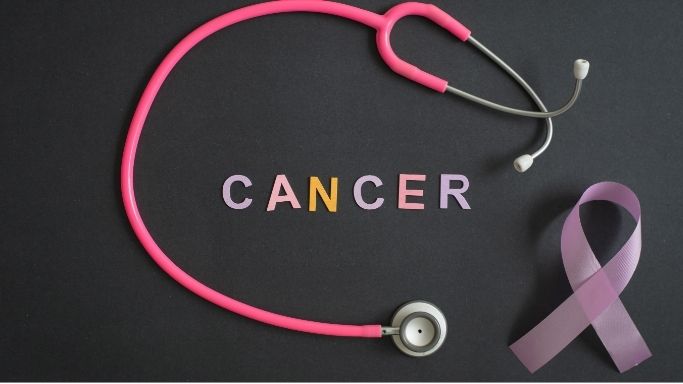All Stories
AAP Breaks with Federal Guidance, Recommends COVID-19 Shots for Healthy Young Children
AAP Breaks with Federal Guidance, Recommends COVID-19 Shots for Young Children
Washington, D.C., Aug. 21, 2025 — For the first time in roughly thre...
Prediabetes Risk Doubled for Asian, Pacific Islander Teens With Overweight, Obesity
TUESDAY, July 29, 2025 (HealthDay News) — Among adolescents with overweight or obesity, prediabetes is more than twice as common in Asian and Pacif...
Greenspace and Breast Cancer Survival in the U.S. Fyh.news
“Greenspace and breast cancer survival are increasingly studied as breast cancer (BC) remains the most frequently diagnosed cancer among women in t...
AI Therapy: Benefits, Risks & The Future of Psychotherapy
AI therapy chatbots have attained remarkable fluency, skill, and ubiquity—quickly becoming the most frequent reason people use artificial intellige...
Why ACIP Should Keep the 11–12 MenACWY Dose
Biology runs on timing. That’s the simple idea behind a new Health Affairs Branded Post by Paritosh Kaul, MD, and Wendy L. Wright, DNP, which exami...
- Victor Mejia
National Immunization Awareness Month 2025: Vaccines Matter
National Immunization Awareness Month (NIAM)
As we navigate the complexities of public health, one fundamental tool continues to stand as a corners...
- Subash Kafle
Trending Topics
Features
- Drive Toolkit
Download and distribute powerful vaccination QI resources for your community.
- Health Champions
Sign up now to support health equity and sustainable health outcomes in your community.
- Cancer Early Detection
MCED tests use a simple blood draw to screen for many kinds of cancer at once.
- PR
FYHN is a bridge connecting health information providers to BIPOC communities in a trusted environment.
- Medicare
Discover an honest look at our Medicare system.
- Alliance for Representative Clinical Trials
ARC was launched to create a network of community clinicians to diversify and bring clinical trials to communities of color and other communities that have been underrepresented.
- Reducing Patient Risk
The single most important purpose of our healthcare system is to reduce patient risk for an acute event.


















